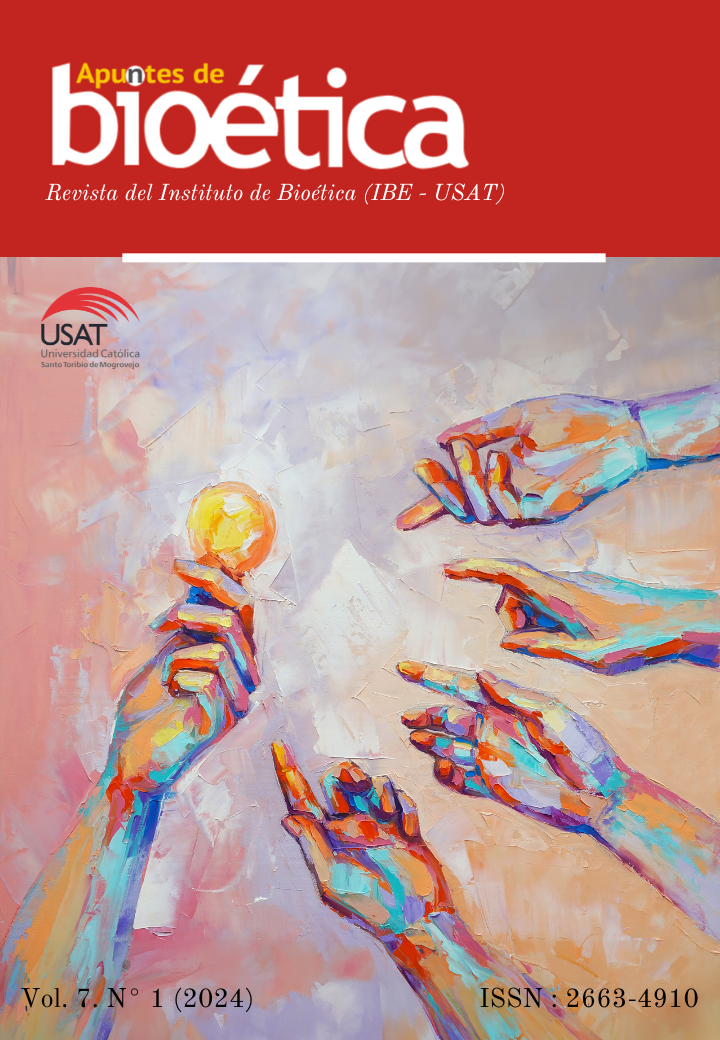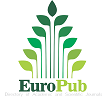Notes on the impact on minors as a result of the use of unregulated reproduction techniques in Peru
Abstract
Currently, in Peru we face numerous scenarios that are beyond the scope of our current regulations. An example of this is the case of assisted reproduction techniques, where the regulations are minimal and not very specific. This means that, in cases where these techniques are used, there is no proper regulation, causing multiple consequences and uncertainties. In this way, and given the legal loophole produced by the absence of a clear rule, many people who resort to these techniques to fulfill their wishes of becoming parents must employ various legal strategies to regularize the situation of minors born through their use, from maternity impugnation processes to adoption judicial processes. This often results in prolonged judicial litigation that affects several fundamental rights of minors, such as the right to know their biological truth, the right to have a stable family, and the right to comprehensive well-being.
Downloads
References
Corte Suprema de Justicia de la República del Perú. Casación Nº5003-2007- Lima. 6 de mayo del 2008. https://goo.su/hF2XA6
Corte Suprema de Justicia de la República del Perú. Casación Nº563-2011- Lima. 6 de julio del 2011. https://goo.su/r7Sthp
Dávila, Y. (2015). La influencia de la familia en el desarrollo del apego. Anales de la Universidad de Cuenca, (57), 121 – 130.
Décimo Quinto Juzgado Especializado de Familia de la Corte Superior de Justicia de Lima. Expediente 183515-2006-00113. 06 de enero del 2009.
Díaz de Terán, M. (2019). Sobre los nuevos Derechos Humanos: A raíz del supuesto de fecundación artificial de mujer sola. Apuntes De Bioética, 2(1), 76-84. https://doi.org/10.35383/apuntes.v2i1.237
Fernández, C. (1992). Derecho a la identidad personal. Astrea.
Gafo, J. (1998). Procreación Humana Asistida: aspectos técnicos, éticos y legales. Universidad Pontificia Comillas.
Gómez, B. & Berástegui, A. (2009). El derecho del niño a vivir en familia. Miscelánea Comillas. Revista de Ciencias Humanas y Sociales, 67(130), 175-198.
Ley General de Salud N°26842. 9 de julio de 1997. https://goo.su/NDaP
Morales, R. (2009). “Hechos y actos jurídicos”. Foro Jurídico, (09), 14-24. https://goo.su/GAYarPM
Oviedo, K., & Tarazona, R. (2018). Familia: Hábitat natural del ser humano - estructura base de una verdadera ecología humana. Apuntes De Bioética, 1(1), 51-67. https://doi.org/10.35383/apuntes.v1i1.198
Proyecto de Ley N° 3313-2018. Ley que garantiza el acceso a técnicas de reproducción humana asistida. 7 de setiembre de 2018. https://goo.su/fJfppfM
Rubio, M. (2020). El sistema jurídico. Introducción al Derecho (12a ed.). Fondo Editorial de la Pontificia Universidad Católica del Perú.
Siverino, P. (2010). ¿Quién llamó a la cigüeña? Maternidad impugnada e identidad genética, reflexiones a propósito de dos sentencias peruanas. Revista Jurídica, (14), 19-42. https://goo.su/zpd5Vn
Taboada, L. (2000). Efectos de la retroactividad en materia de ineficacia de los actos jurídicos. Derecho PUCP, (53), 531-547. https://doi.org/10.18800/derechopucp.200001.015
Tena, M. L. (2023). Análisis de constitucionalidad de la práctica de la maternidad subrogada comercial. YachaQ: Revista de Derecho, (14), 111-132. https://doi.org/10.51343/yq.vi14.1064
Torres, A. (2014). Derecho a la identidad y reproducción humana asistida heteróloga. Universidad Católica San Pablo, Editorial Gráfica.
Varsi, E. (1998). Los problemas sociales de las técnicas de reproducción humana. Editorial San Marcos.
Varsi, E. (1999). Filiación, derecho y genética: aproximaciones a la teoría de la filiación biológica. Fondo de Cultura Económica-Universidad de Lima.
Verruno, L. (1988). Banco Genético y el derecho a la identidad. Abeledo – Perrot.
Zuta, E. (2021). Problemática actual de las Técnicas de Reproducción Asistida (TERAS): avance tecnológico y atraso normativo. En Ius Et Veritas (Ed.), IUS 360: Información jurídica sin límites (pp. 40-67). Editorial Ius Et Veritas. https://goo.su/HHSDJU
Copyright (c) 2024 Aldo Alesandro Santome Sánchez, Dafne Brigitte Estela Dahira Fabián-Zapata (Autor/a)

This work is licensed under a Creative Commons Attribution 4.0 International License.
The authors retain copyright.
This work is under international license Creative Commons Attribution 4.0.
The articles published by the scientific journal "Notes on Bioethics" of the Universidad Catolica Santo Toribio de Mogrovejo, Chiclayo Peru, can be shared through the international public license Creative Commons Attribution CC BY 4.0
























 LIBRARY USAT
LIBRARY USAT